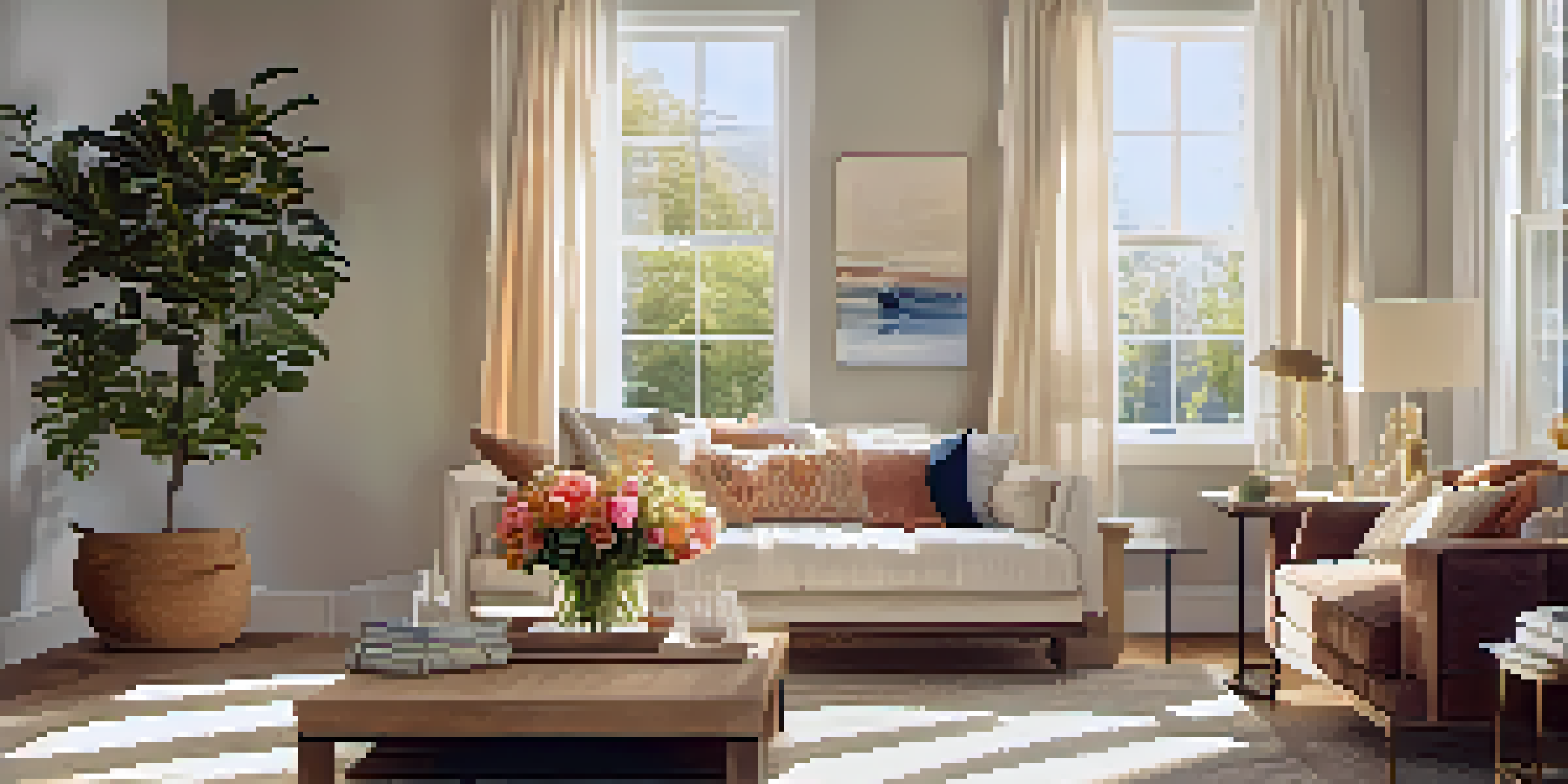Understanding Open House Market Trends for Better Sales

What is an Open House and Why It Matters
An open house is a scheduled time when a property is available for public viewing, allowing potential buyers to explore it without an appointment. This informal setting breaks the ice between buyers and sellers, creating a more relaxed atmosphere for interactions. Understanding the significance of open houses can help sellers maximize their property exposure and attract serious buyers.
Current Trends in Open House Attendance
Recent statistics show that open house attendance has fluctuated due to changing buyer preferences and market conditions. For instance, many buyers now prefer virtual tours over in-person visits, especially in a fast-paced market. Recognizing these trends can help sellers adapt their strategies, such as offering a mix of in-person and virtual open houses.
Open Houses Boost Buyer Engagement
An open house creates a relaxed environment for potential buyers to explore a property, fostering better interactions between buyers and sellers.
The Role of Timing in Open House Success
Timing can significantly impact the success of an open house, with weekends typically being the most popular days for hosting them. However, considering local events or holidays is crucial, as they can either attract more visitors or deter them. Sellers can boost attendance by strategically scheduling their open houses to avoid conflicts and align with community activities.
Marketing Strategies for Effective Open Houses
Effective marketing is key to attracting the right audience to an open house. Utilizing social media platforms to promote the event can reach a wider audience and generate excitement. Additionally, sending out targeted emails or creating eye-catching flyers can help ensure that potential buyers are aware of the open house details.
Timing is Key for Attendance
Strategically scheduling open houses around weekends and local events can significantly enhance visitor turnout.
Preparing a Home for an Open House
Preparation is crucial for making a positive impression during an open house. This includes decluttering, staging, and ensuring the home is clean and inviting. A well-prepared home can highlight its best features, making it easier for buyers to visualize themselves living there, which can lead to better offers.
Understanding Buyer Psychology at Open Houses
Understanding buyer psychology can give sellers a significant advantage during open houses. Buyers often make quick judgments based on first impressions, so creating a welcoming environment is essential. Engaging with visitors, answering questions, and providing informative materials can help foster a positive experience and encourage offers.
Feedback Enhances Future Open Houses
Collecting and analyzing feedback after an open house helps sellers refine their strategies and improve home presentations for better results.
Analyzing Post-Open House Feedback
Collecting feedback after an open house is essential for improving future events. This feedback can provide insights into what attracted buyers or what might have turned them away. By analyzing this information, sellers can make necessary adjustments to their marketing strategies and home presentation to better meet buyer expectations.
Leveraging Open House Trends for Future Sales
Staying updated on open house trends can inform better sales strategies in the long run. For instance, if data shows an increase in virtual open houses, sellers may want to incorporate technology into their selling process. By being proactive and adapting to these trends, sellers can improve their chances of a successful sale.